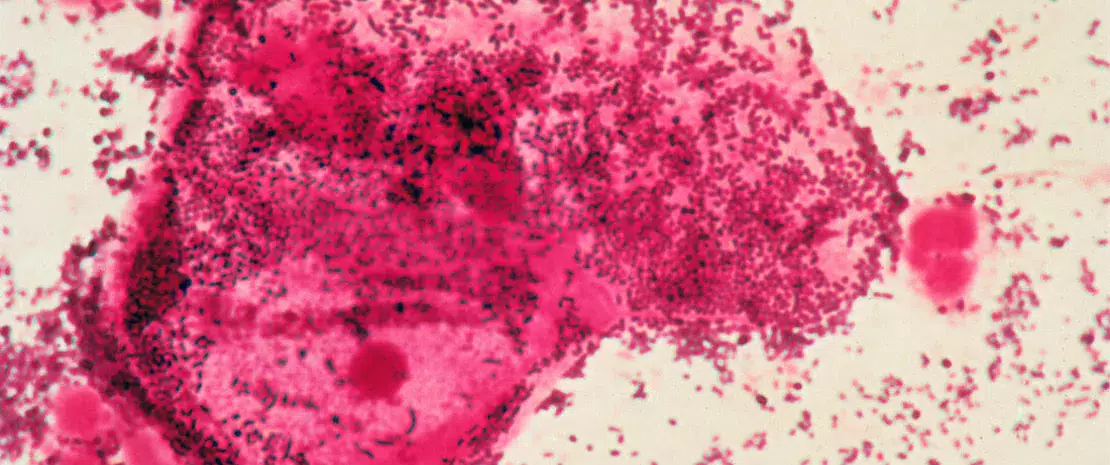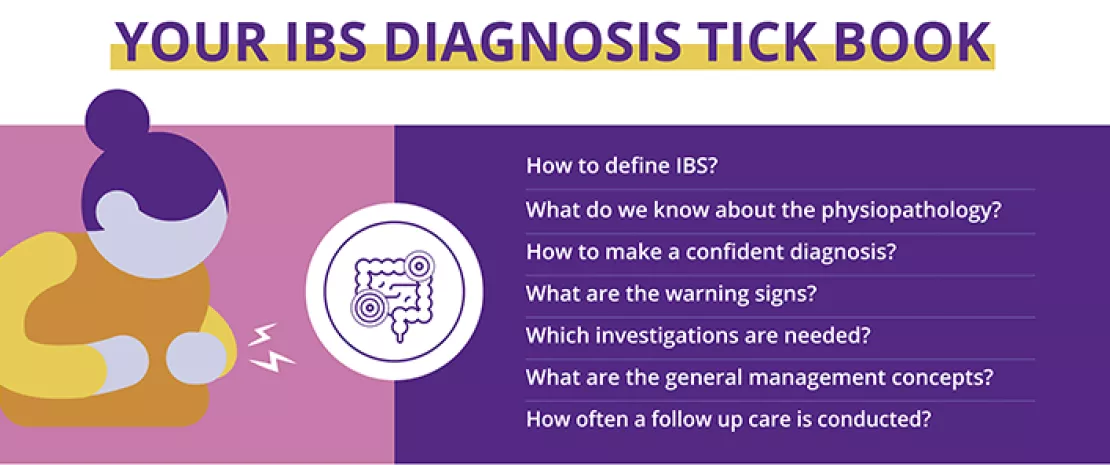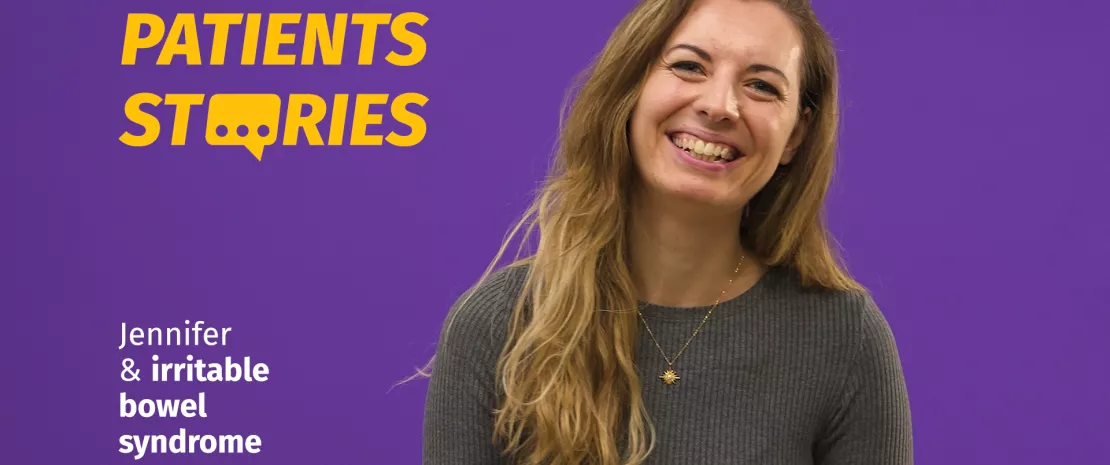It's a faithful relationship. For the third year, Biocodex Microbiota Institute is celebrating World Microbiome Day running with two objectives: raise awareness among lay public about the importance of microbiota and valorize microbiota research through the Biocodex Microbiota Foundation national grant winners.
A look back at the latest microbiota research rewarded by Biocodex Microbiota Foundation
They are scientists, professors, physicians specialized in different specialties (gastroenterology, pediatrics, neurology, cardiology, microbiology, pharmacokinetics…). They come from Portugal, Finland, Belgium, Mexico, United States… They have made major advances in the role of the microbiota on health and associated diseases… And they all have won the Biocodex Microbiota Foundation national’s grant!
Since 2017, The Biocodex Microbiota Foundation rewards national research initiatives which aim to understand the interaction between microbiota and different diseases. On World Microbiome Day 2022, in order to give visibility to researchers, the Biocodex Microbiota Institute gives the floor to the national grant winners through dedicated interviews.
What did the Biocodex Microbiota Foundation national research grant allow them to do? What impact have their research results on patient care? Available on the HCPs’ dedicated section, these testimonies give us a clear idea of the variety and diversity of research projects currently underway. These interviews will be activated via the Institute Twitter’s account during 10 days and Biocodex Microbiota Foundation’s LinkedIn by June 27st. Don’t hesitate to share and spread the good new!
About the Biocodex Microbiota Institute
The Biocodex Microbiota Institute is an international hub of knowledge dedicated to microbiota. The Institute educates the lay public and healthcare professionals on the importance of microbiota on healthcare and well-being.
About the Biocodex Microbiota Foundation
Since 2017, the Biocodex Microbiota Foundation has been working to improve science's understanding of the human microbiota. Each year, the Foundation contributes to the funding of global research on microbiota via grants awarded to innovative scientific research projects. Calls for projects are regularly launched on a specific theme related to the microbiota, with the most promising projects then selected by an international scientific committee made up of independent experts.






















